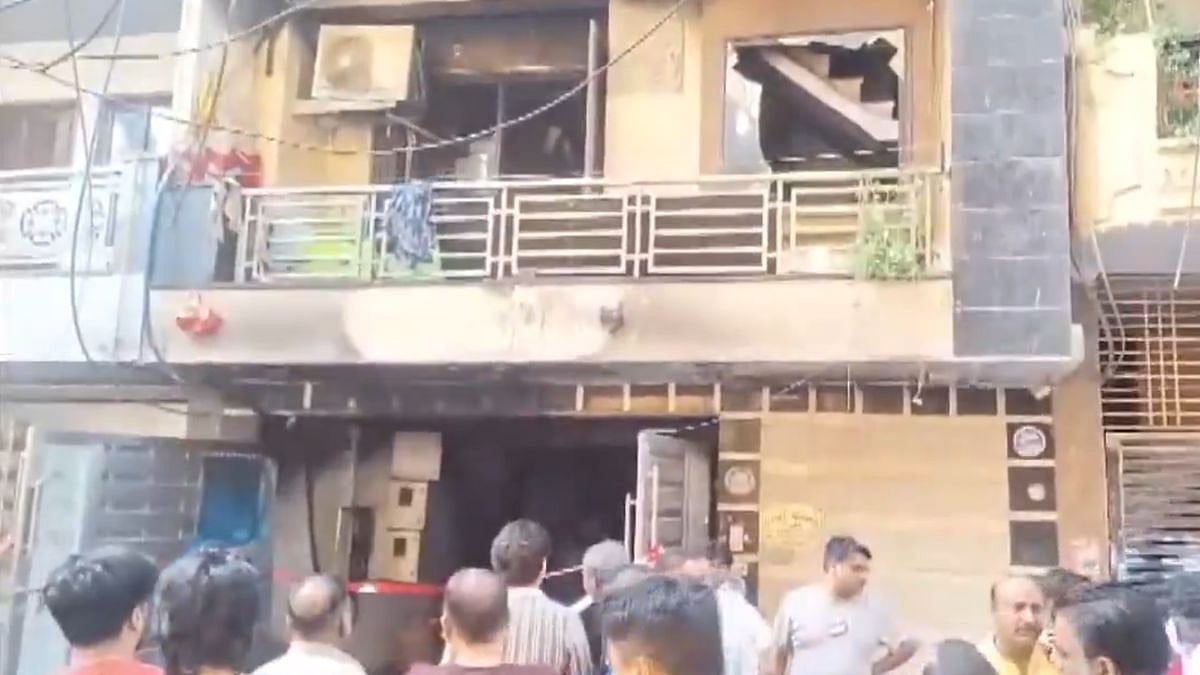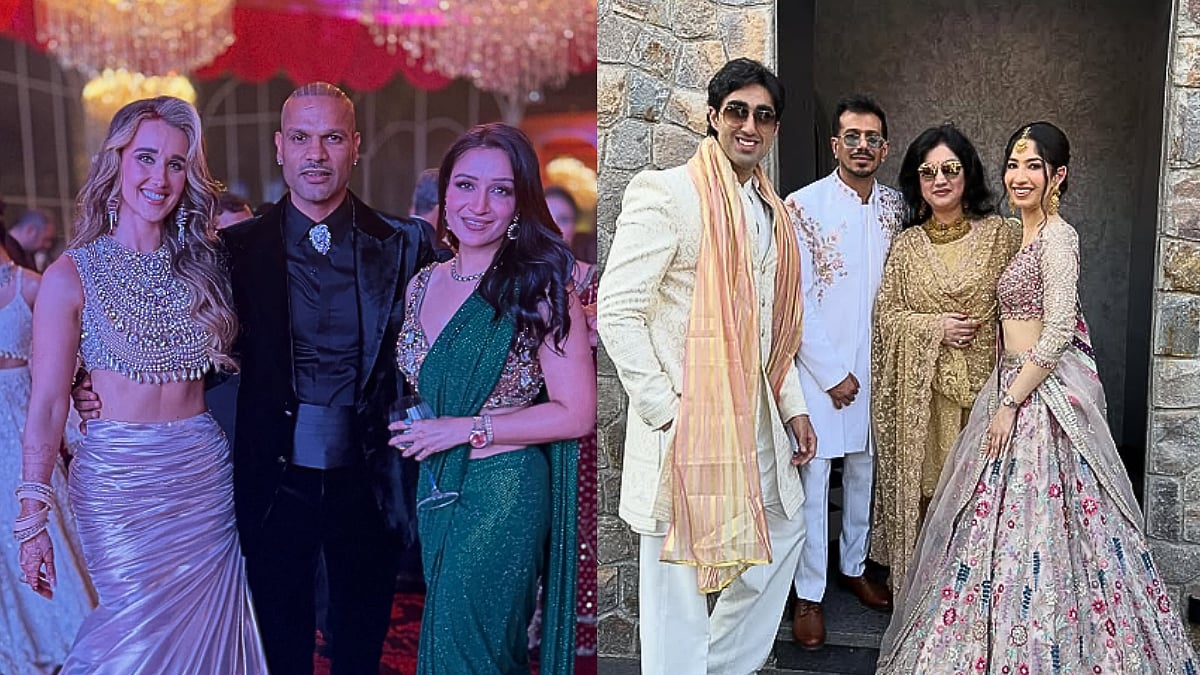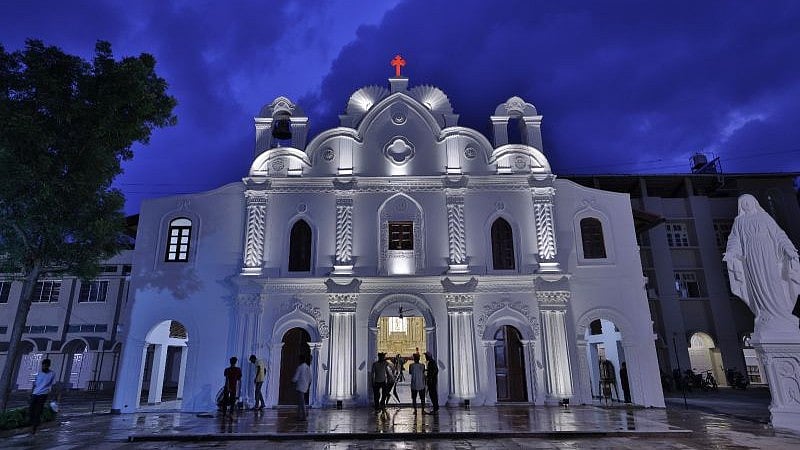Triveni Acharya has rescued, rehabilitated 10,000 survivors of sex slavery
In 1993, journalist Triveni Acharya was sent to Kamathipura, to cover a Raksha Bandhan-special event where commercial sex workers were to tie rakhis to a Bollywood actor. Little did she know then that a routine reporting task would give her life a new mission.
.jpeg)
Manya Singh, Miss India 2020 Runner-up |
Curiosity led her into a brothel, where she came across 10-year-old girls being held against their will before she was chased away by a pimp and his goons. Shaken to the core, she described the incident to her husband Balkrishna Acharya.
The couple set out to rescue one girl, but ended up rescuing 15 more. As most of these girls were from Nepal, the duo travelled there to drop them off, where they got in touch with Maiti Nepal, a non-profit that rehabilitates trafficked women.
 (1).jpeg)
The girls are given education and skill training to make them independent |
After working as volunteers for Maiti Nepal and accompanying police teams during raids to rescue girls, in 2000, the couple established Rescue Foundation.
So far, the organisation has rescued 7,000 girls and rehabilitated around 10,000, trafficked from India and abroad. The youngest girl to be rescued was as young as seven years old.
“We have been able to achieve this with collaborations with the police, a network of informers and volunteers,”says Acharya, the president and the CEO of the foundation.
Their mission is to end child trafficking and rescue and rehabilitate girls who are abused and exploited. Her organisation rescues around 500 girls annually, the trafficked victims usually belonging to India, Nepal, Bangladesh, Myanmar, Uzbekistan, Thailand and Nigeria.
 (1).jpeg)
Some rescued girls are working as nurses and teachers across the world |
The organisation has four shelters, in Palghar, Mumbai, Delhi and Pune. These currently house around 350 rescued girls.
Acharya says rehabilitation is a more long-term challenge for the organisation. “It includes case filing, court proceedings, medical check-ups and counselling. Twenty-one days after rescue, we submit a report to the court, which, based on each case, directs us to either send them to their respective homes or rehabilitate them. In cases where the girls had been sold off by family, the court directs us to put them up in our shelters,” she explains.
At these shelters, various activities are conducted that are designed to help victims restart their lives. “Yoga, zumba and literacy classes are compulsory and beyond that, education and extracurricular activities are selected based on their interests. In cases of HIV positive girls, we ensure that they are given treatment; in case of pregnancies, depending on the cases, abortions or deliveries; and in cases where they become addicted to any substances, then they are put on a de-addiction programme,” explains Acharya.
Another tough challenge in the process is to address the mental trauma that they collectively face. “As per the rescued girls’ cases and needs, they are given psychiatric treatment and therapy,” she says.
Enabling them to restart their lives goes beyond sending the girls to schools and colleges, as the idea is to also make them independent and confident individuals. “So we provide classes to learn beauty parlour services, jewellery-making, bag-making, organic farming among others,” she shares.
In spite of all the challenges that Acharya has faced over 31 years, including death threats and physical attacks, she is unperturbed and has been fearlessly saving girls from human traffickers and giving them an opportunity to live a better life. “In spite of the social stigma around commercial sex work that makes it difficult for the victims to integrate in the society, so may of our girls have ended up turning their lives completely. Some are nurses in Canada, some run their own non-profits and some are teachers,” says Acharya.
Manya Singh, Miss India 2020 runner-up, who is an admirer of Acharya’s work and has also visited the shelter, is in awe of the resilience of the survivors and the opportunity that the foundation provides to them. “The young girls and women who have been rescued are being treated with a lot of love and care, and are being given the opportunity to study and make a better life for themselves. Trafficked girls are abused and exploited non-stop and Triveni has been able to rescue thousands of such people, putting an end to their ordeal. Our society needs more Trivenis,” she says.
.jpg?width=1200)



